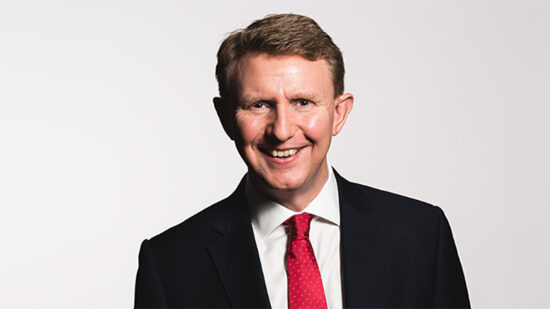As the past fortnight has taught us, the market is liable to sometimes get its predictions very wrong indeed.
Still with the FTSE 100 on something of an unexpected post-Brexit day surge, the monetary policy committee (MPC) would be very brave to sit tight this time around.
In a way, it’s quite perverse for investors to be so focused on a cut as small as 25bps. Worryingly, it would also give our central bank less armour should we slip into recession.
Guy Foster, head of research at Brewin Dolphin, sees the any cut by the Bank of England as a “symbolic gesture of support for the economy” while turning attention to the bigger issue, the collapse of sterling.
“The pound remains at levels not seen since 2013 on a trade-weighted basis and buys fewer dollars than it could do at any time since the mid-1980s,” he stresses.
While global markets may soon their attentions away from Brexit and towards the upcoming US presidential election, Clinton and Trump have been somewhat, er, trumped by the shock announcement of the UK’s new Prime Minister this week.
While her appointment seems to have been welcomed by the markets, Theresa May will know herself the scale of the task ahead to appease anxious UK and overseas investors.
For Edward Smith, asset allocation strategist at Rathbones, while the appointment of an experienced front-bencher as prime minister may help to place a ceiling on economic uncertainty, it is unlikely to do anything to lower it.
“Our proprietary index of economic uncertainty is within a whisker of the levels reached during the global financial crisis of 2008/09 and the eurozone crisis of 2011, and we do not expect it to retrench until we have greater clarity on the terms with which the UK will be able to withdraw from the EU,” he adds.
“This could be months, if not years, away and uncertainty will weigh on GDP growth and the valuations of UK-focused assets in the meantime.”
Still, with the UK having the second-lowest government debt to GDP ratio in the G7, Smith is encouraged by May’s talk of infrastructure spending and capitalising on what is likely to be negative borrowing costs to invest in future growth.
He says: “There is a wealth of literature to suggest that the fiscal multiplier of infrastructure spending – its effect on total output – is very substantial, especially when higher spending is not offset by tighter monetary policy.
“Ideally, from a growth perspective, infrastructure spending will not be accompanied by higher taxation elsewhere, but her comments this week suggest that this may be too much to hope for.”
With UK politics in such an uncertain state, it is best not to slap any odds on what may or may not happen to the domestic economy under a May government.








